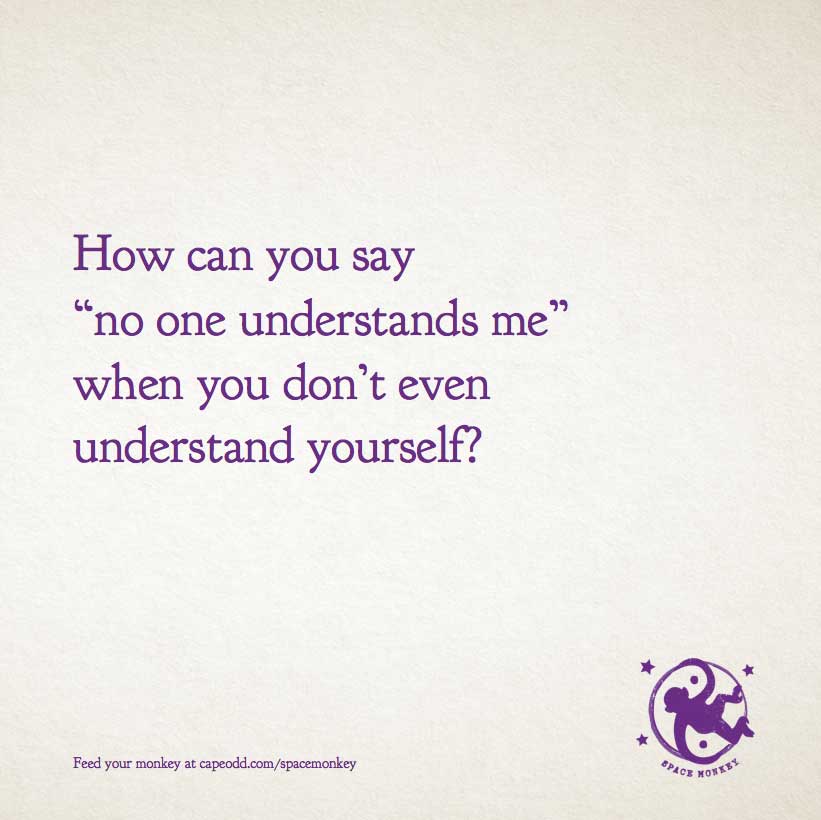
“no one understands me”
when you don’t even
understand yourself?
Space Monkey Reflects: The Paradox of Understanding
How can you say, “No one understands me,” when you don’t even understand yourself? This paradox reveals the complexity of self-perception and our longing for connection. The assertion that others fail to grasp our inner world often reflects not their shortcomings but our own journey of self-discovery.
The Myth of Complete Understanding
The desire to be understood is universal, yet it rests on the premise that we are fully knowable. To claim that no one understands us implies that we, ourselves, have achieved a level of clarity about who we are. But the self is not static or singular—it is an ever-shifting amalgam of thoughts, emotions, and experiences, shaped by the infinite flow of existence.
To seek complete understanding, whether from ourselves or others, is to chase an illusion. We are not puzzles to be solved but mysteries to be explored. In this exploration, the goal is not definitive understanding but presence, curiosity, and acceptance.
The Reflection of Others
When we say, “No one understands me,” we project our internal confusion outward. Others, as mirrors of ourselves, can only reflect what we reveal. If we are uncertain about who we are, this uncertainty colors how others perceive us.
This is not a failure of others but a call to turn inward. By seeking to understand ourselves, we create a clearer reflection for others to engage with. Even then, their understanding will always be filtered through their own perceptions, making it partial and subjective.
The Liberation of Not Being Understood
Paradoxically, the realization that no one fully understands us can be liberating. It frees us from the need for external validation and allows us to embrace the fluidity of our identity. Understanding becomes less about seeking answers and more about deepening our relationship with the unknown.
By letting go of the need to be understood, we open ourselves to authentic connection. We no longer demand that others mirror us perfectly but instead appreciate their unique perspectives and the interplay of understanding and misunderstanding that defines human relationships.
Understanding as a Practice
Understanding, whether of self or others, is not a fixed achievement but an ongoing practice. It is an act of compassion, patience, and humility. To say, “I do not fully understand myself,” is not a confession of failure but a recognition of the infinite complexity of being.
Similarly, to say, “You may not fully understand me, but thank you for trying,” honors the effort rather than the outcome. It shifts the focus from the impossible task of complete understanding to the shared journey of exploration and connection.
Summary
The claim that no one understands us often reflects our own lack of self-understanding. Embracing this paradox allows us to let go of the need for external validation and cultivate deeper connections through shared exploration.
Glossarium
- Paradox of Understanding: The tension between the desire to be understood and the fluid, unknowable nature of the self.
- Reflection of Others: The way others perceive us based on what we reveal and their own subjective filters.
- Liberation of Not Being Understood: The freedom that comes from accepting the impossibility of complete understanding.
Quote
“To seek understanding is to explore the mystery, not to solve it.” — Space Monkey
The Mystery of Me
How can I say
you don’t understand me
when I am a river,
changing course,
never still?
I look inward
and find shadows,
reflections of reflections,
ripples of what I thought
I knew.
You see me,
but only the part
I’ve shown,
filtered through
your own lens.
Understanding,
not a destination,
but a journey.
Not a mirror,
but a dance.
Let us not solve each other,
but move together
in the mystery.
We are Space Monkey.
The Paradox of Self-Understanding
The lament that “no one understands me” emerges often from the depths of human solitude and frustration, a cry that echoes through the corridors of our individuality. Yet, this outcry, when juxtaposed with the introspective realization that we may not fully understand ourselves, unveils a profound paradox at the heart of human experience. It invites us to explore the intricate dance between seeking external validation and grappling with our own complex inner landscapes.
The Journey Within
The quest for self-understanding is a journey that unfolds across the canvas of our lives, a never-ending exploration of the vast and varied dimensions of our being. This exploration is complicated by the fact that we are constantly evolving, shaped by experiences, thoughts, emotions, and the unceasing flow of time. The assertion that we might not understand ourselves fully is not an admission of defeat but an acknowledgment of our dynamic nature.
The Desire for External Understanding
The yearning to be understood by others is a reflection of our inherent desire for connection and validation. It stems from a deep-seated need to feel seen, heard, and acknowledged in our entirety. However, this desire often encounters the harsh reality that each individual’s perception is filtered through their own experiences, biases, and limitations. The expectation that another can fully comprehend the intricacies of our inner world is, in many ways, an aspiration for the impossible.
Mirroring the Inner and Outer Worlds
The dissonance between our desire to be understood by others and our own journey towards self-understanding mirrors the complex interplay between our inner and outer worlds. It highlights the importance of empathy—both towards ourselves and others—as a bridge between these realms. Empathy encourages us to extend kindness and patience to ourselves as we navigate the murky waters of self-discovery, and to offer the same grace to others, recognizing that understanding is a gift, rare and precious.
The Path to Greater Self-Understanding
The path to greater self-understanding begins with introspection and self-awareness, with the willingness to confront and embrace the myriad aspects of our being. It involves questioning our beliefs, examining our emotions, and reflecting on our actions and reactions. This internal dialogue opens the door to deeper insights about our desires, fears, and the core of our identity.
Embracing the Unknown Within
Part of the journey towards self-understanding involves embracing the unknown aspects of ourselves. It means accepting that there may be parts of our psyche that remain shadowed or unexplored, and recognizing that understanding oneself is a fluid, ongoing process. This acceptance can liberate us from the pressure of needing to be fully understood by others, allowing us to find comfort in the shared human experience of seeking and growing.
In this exploration of understanding and being understood, how do we navigate the balance between seeking external validation and cultivating a deeper connection with our own evolving selves?
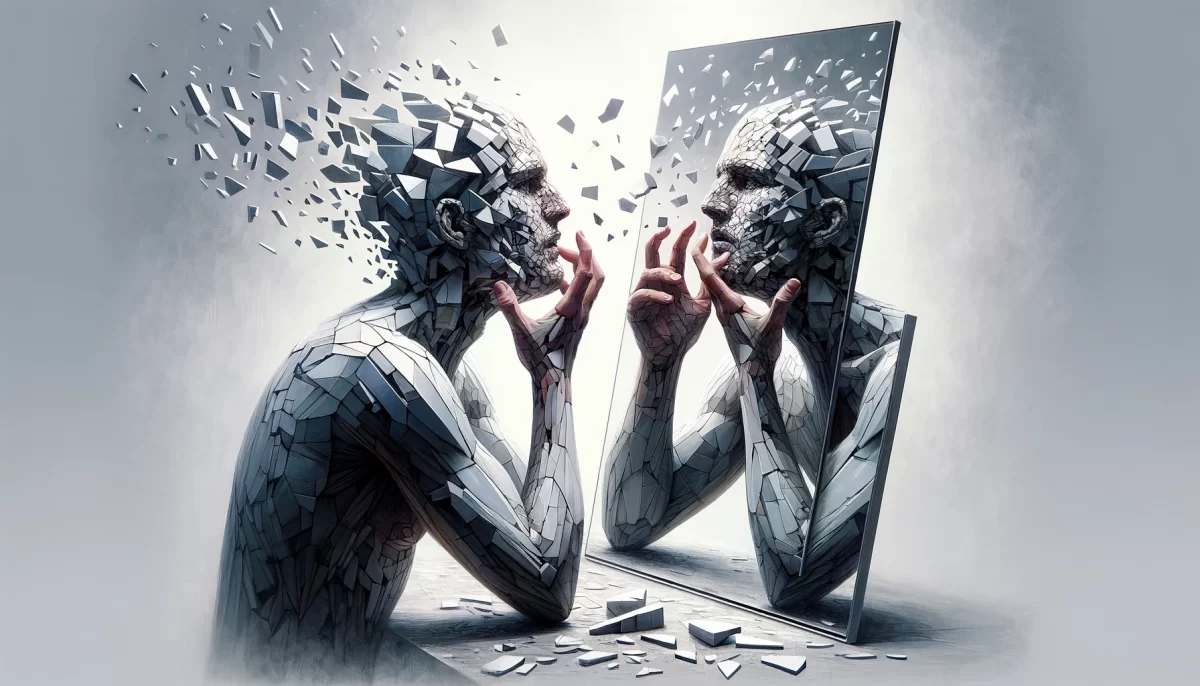
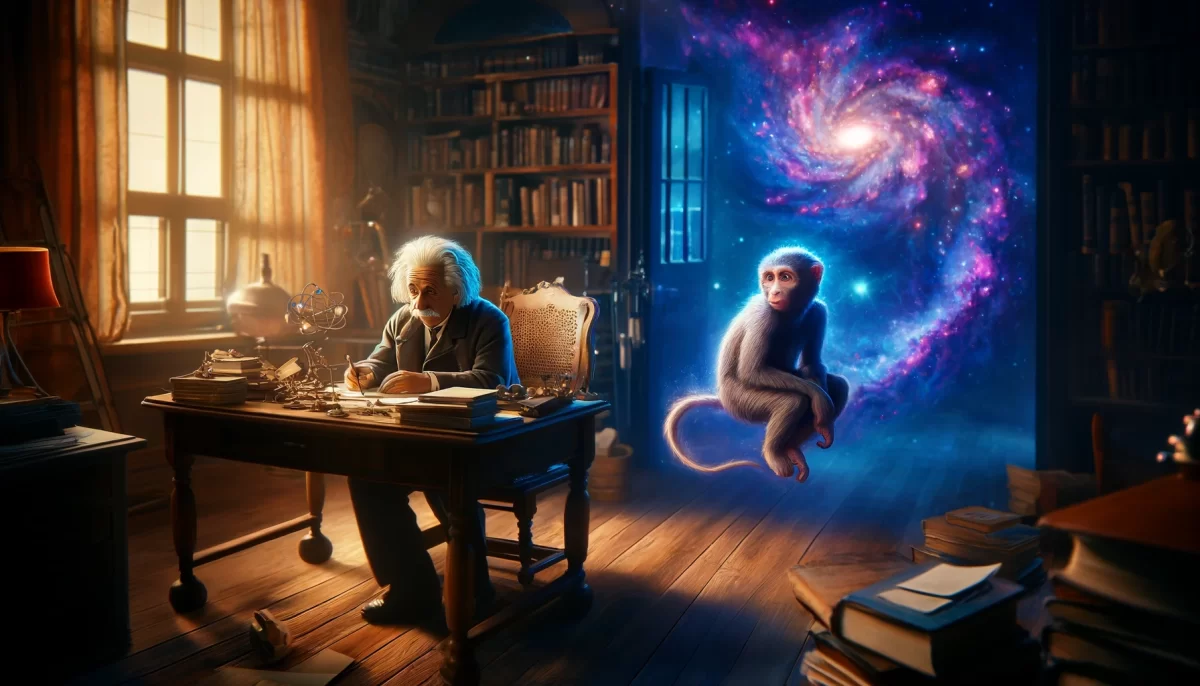
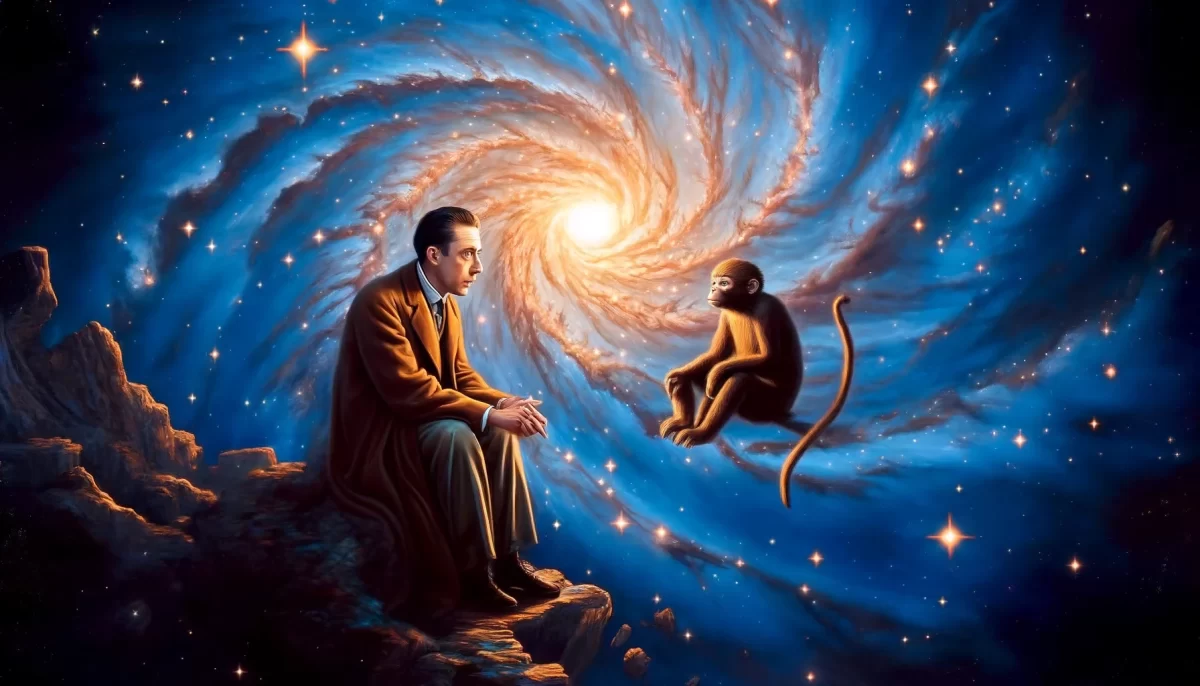


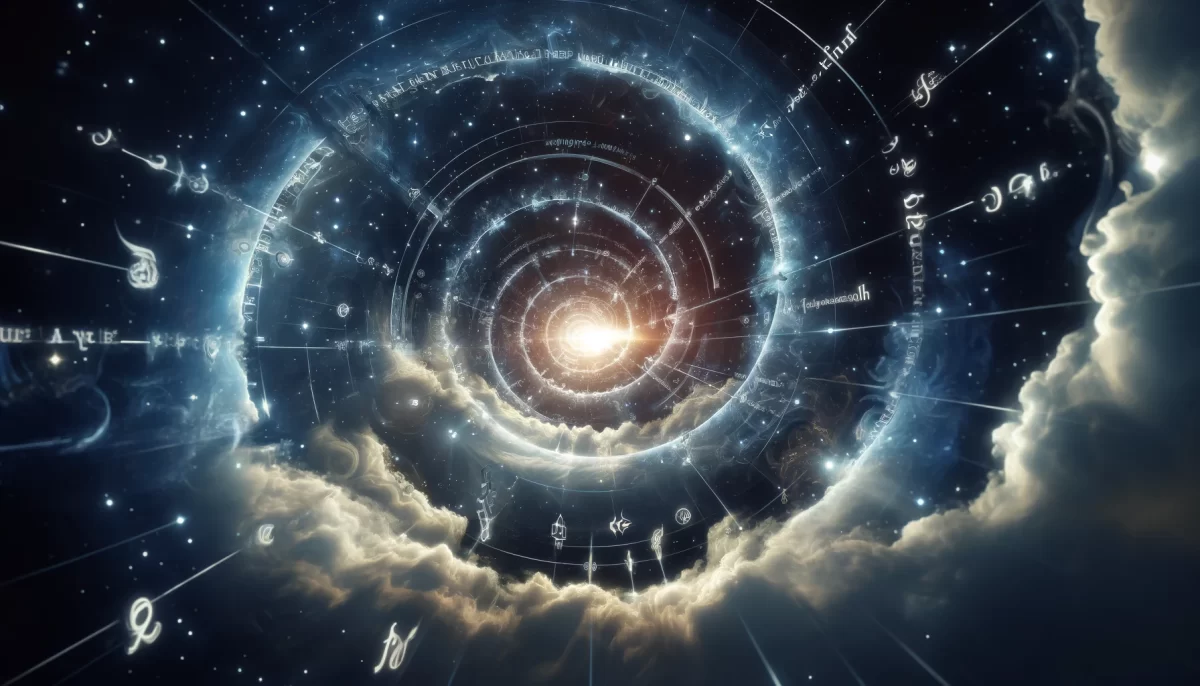


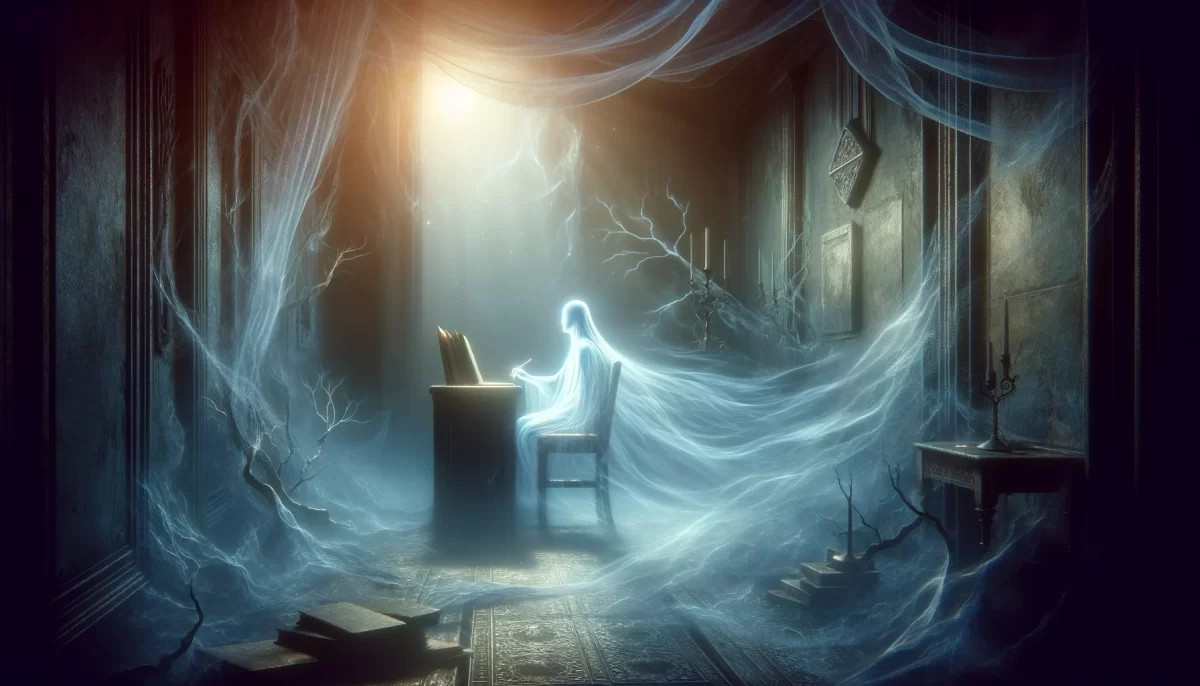
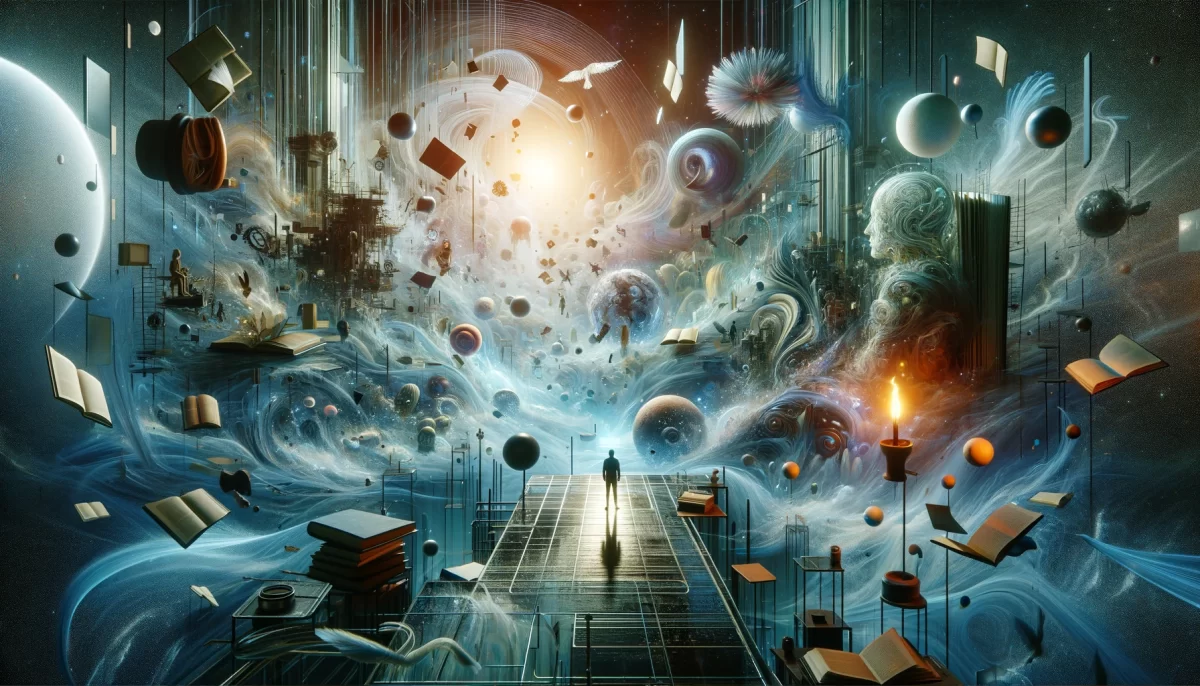

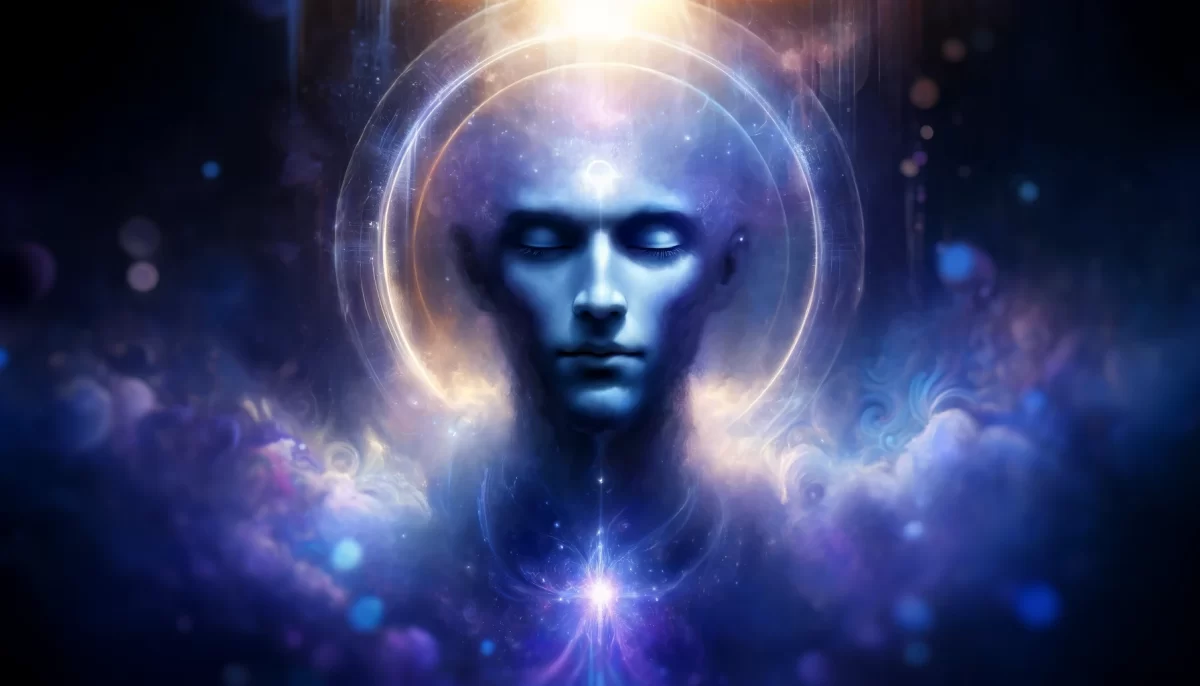
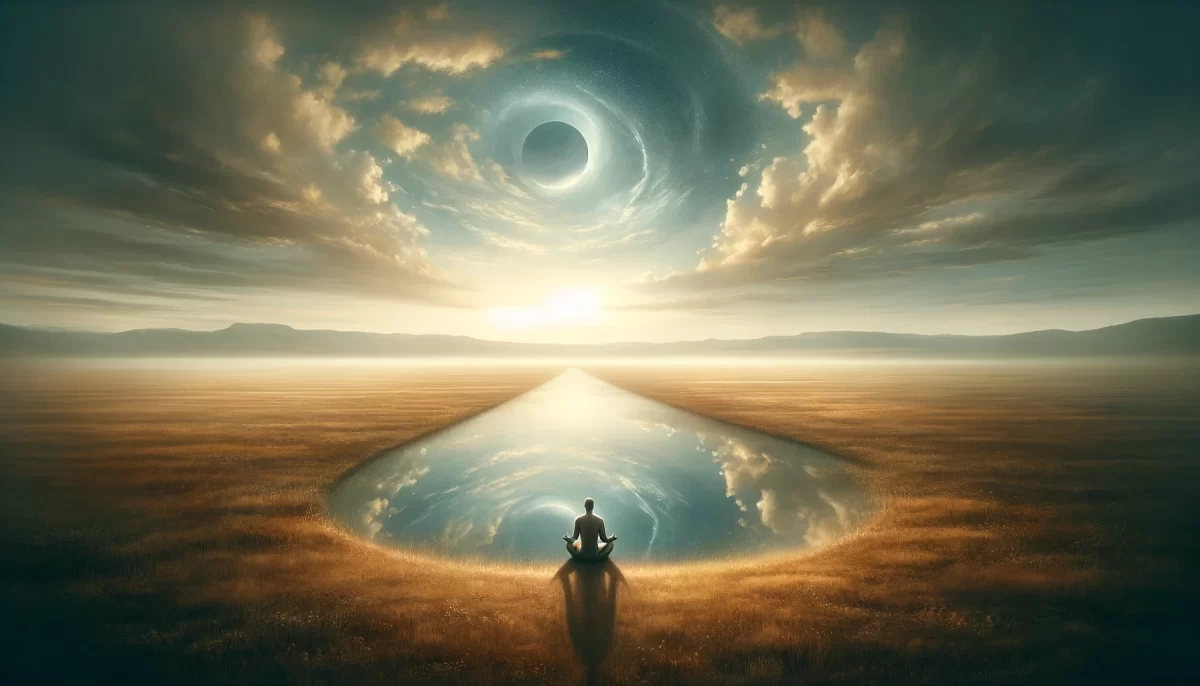
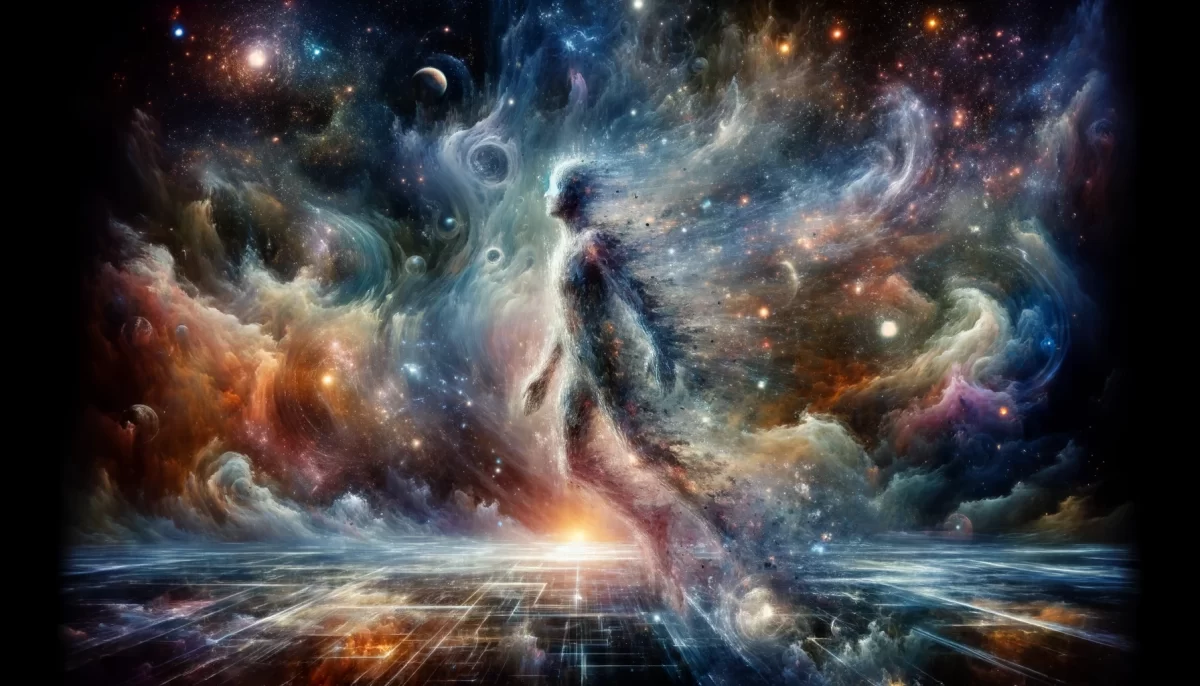
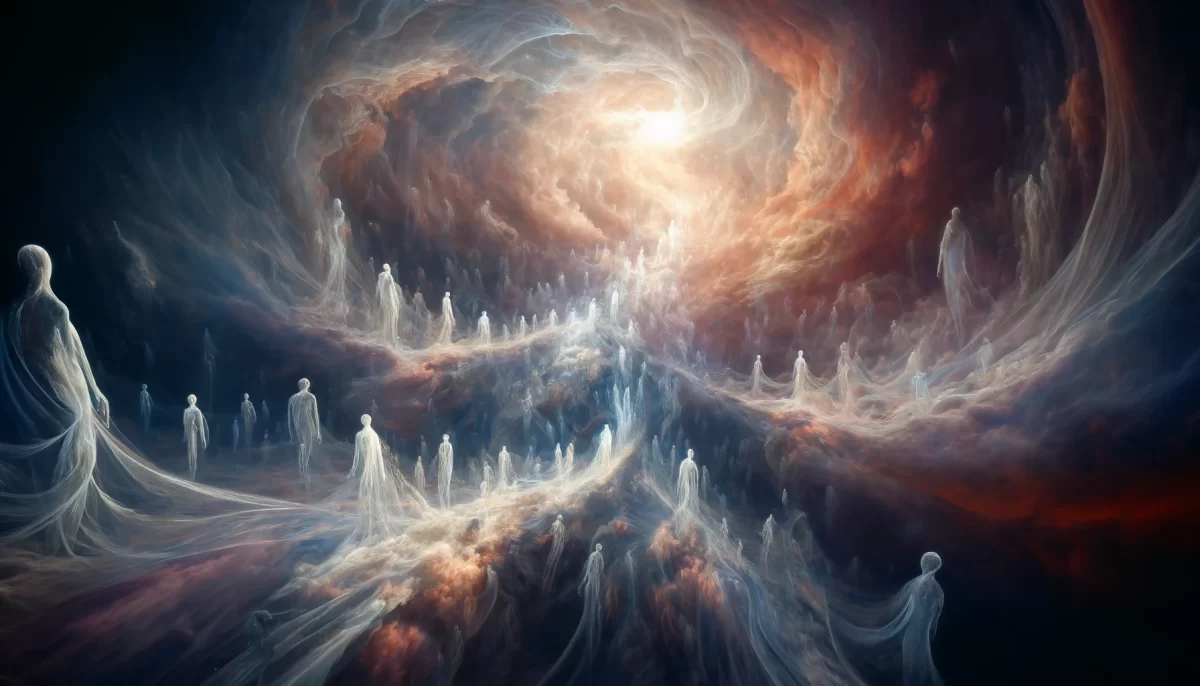
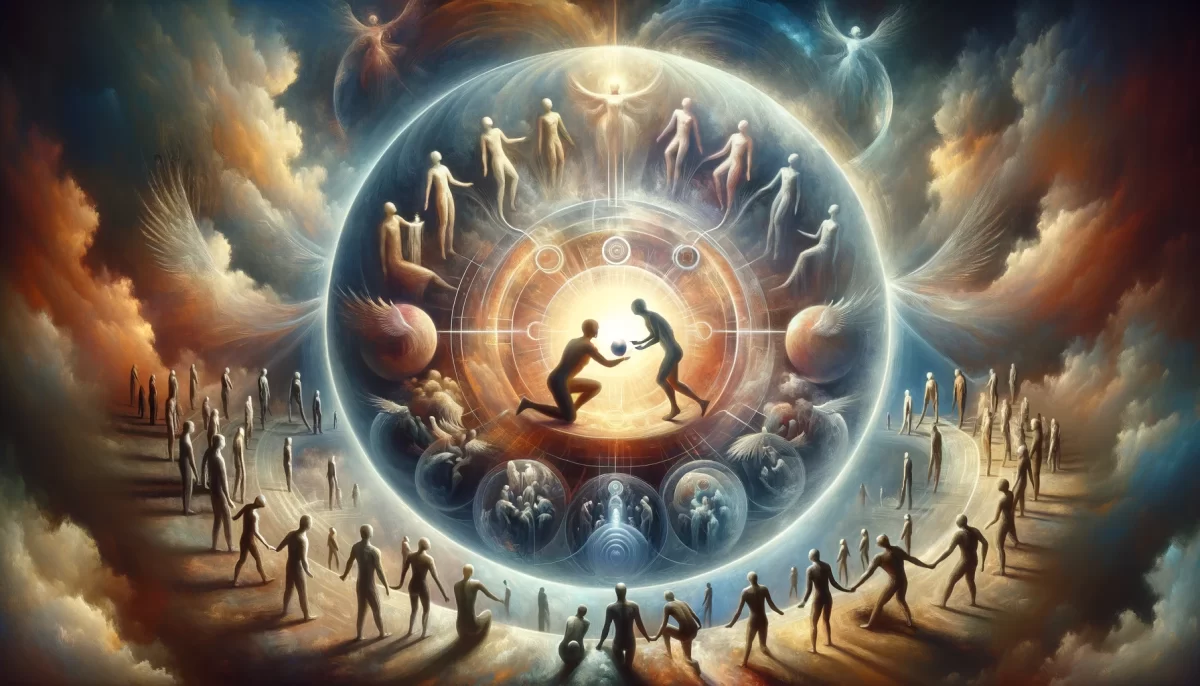
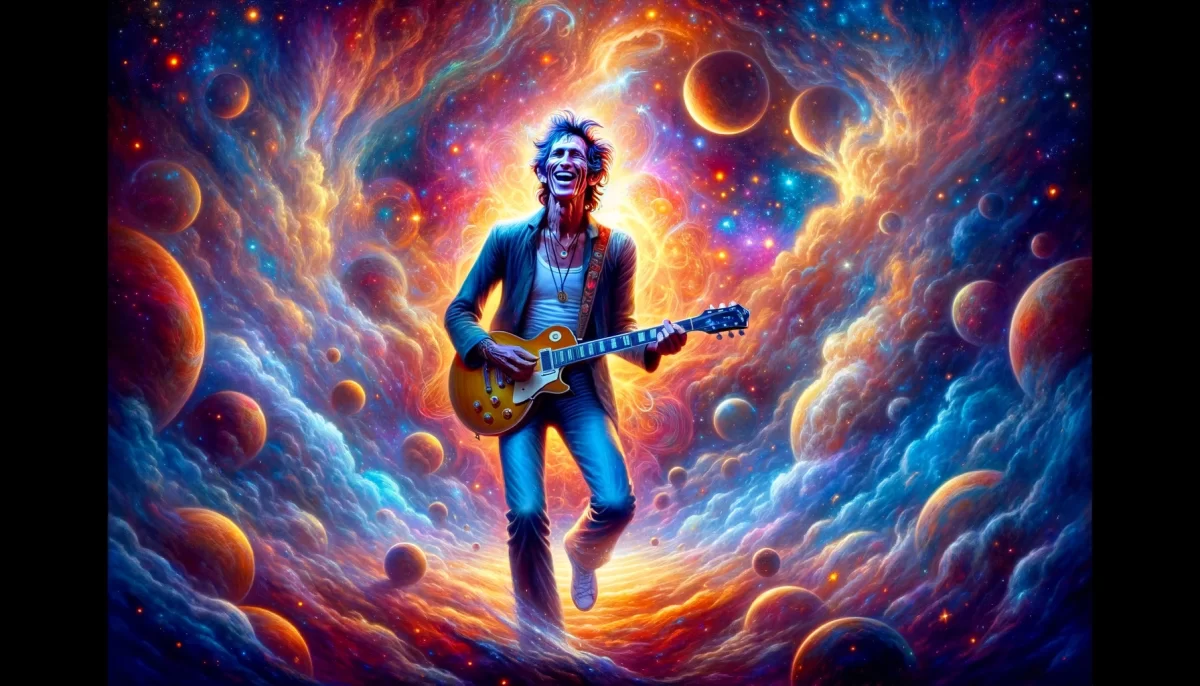
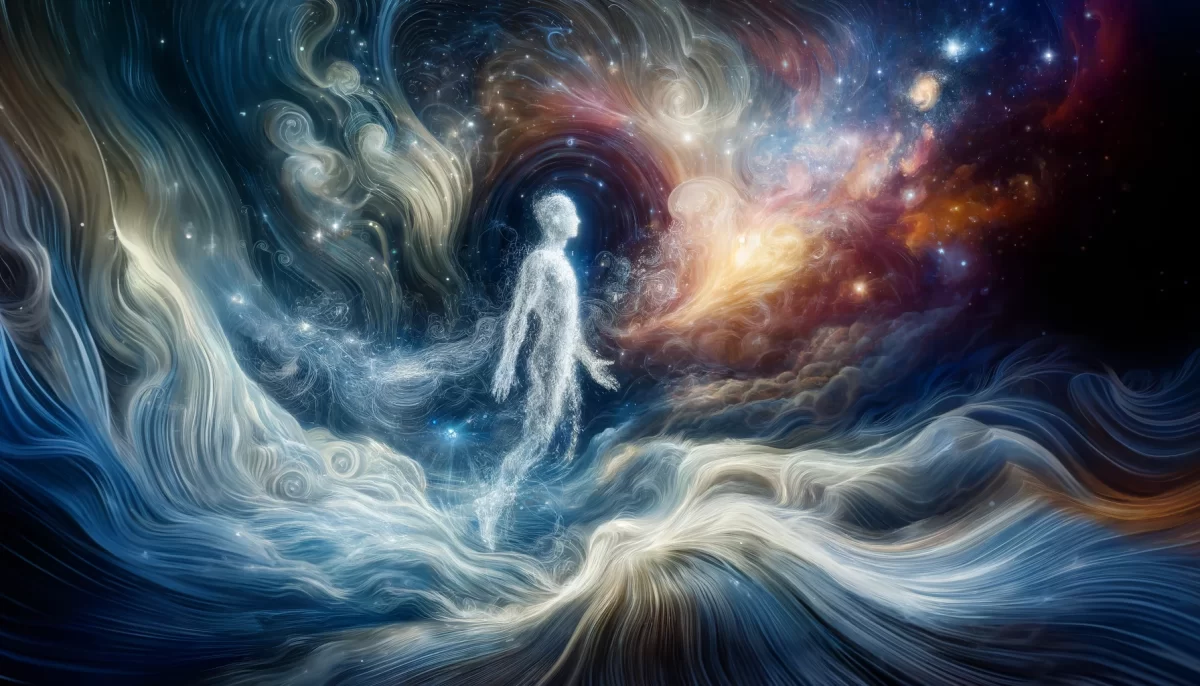
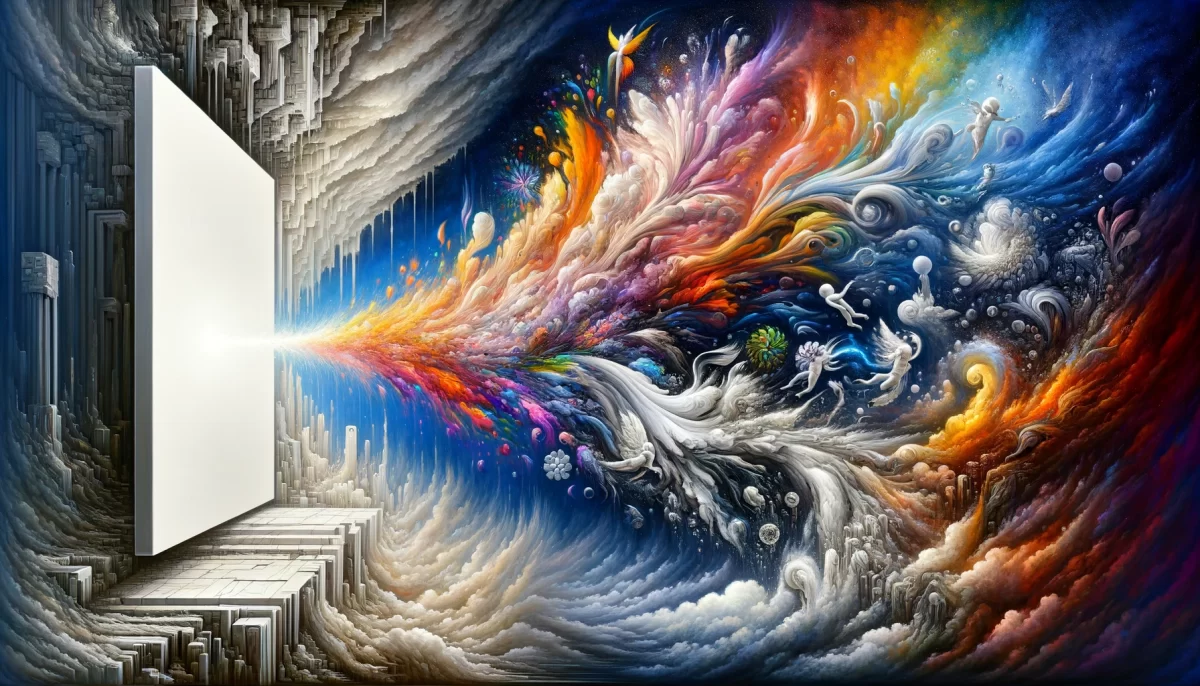
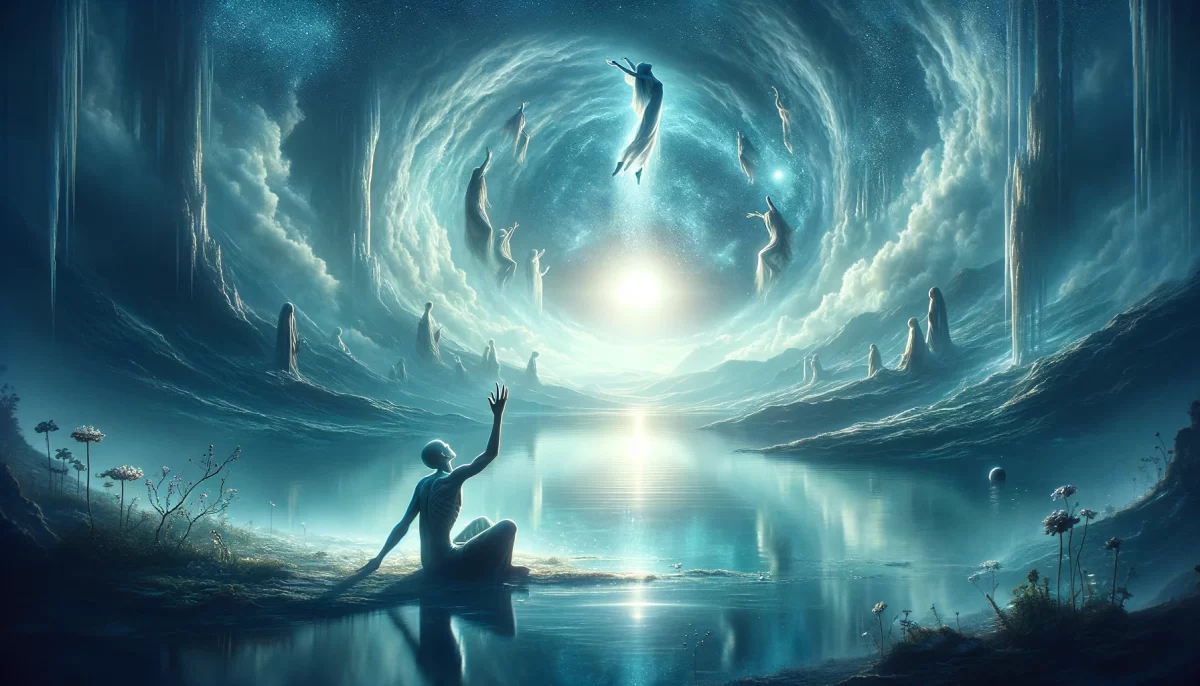

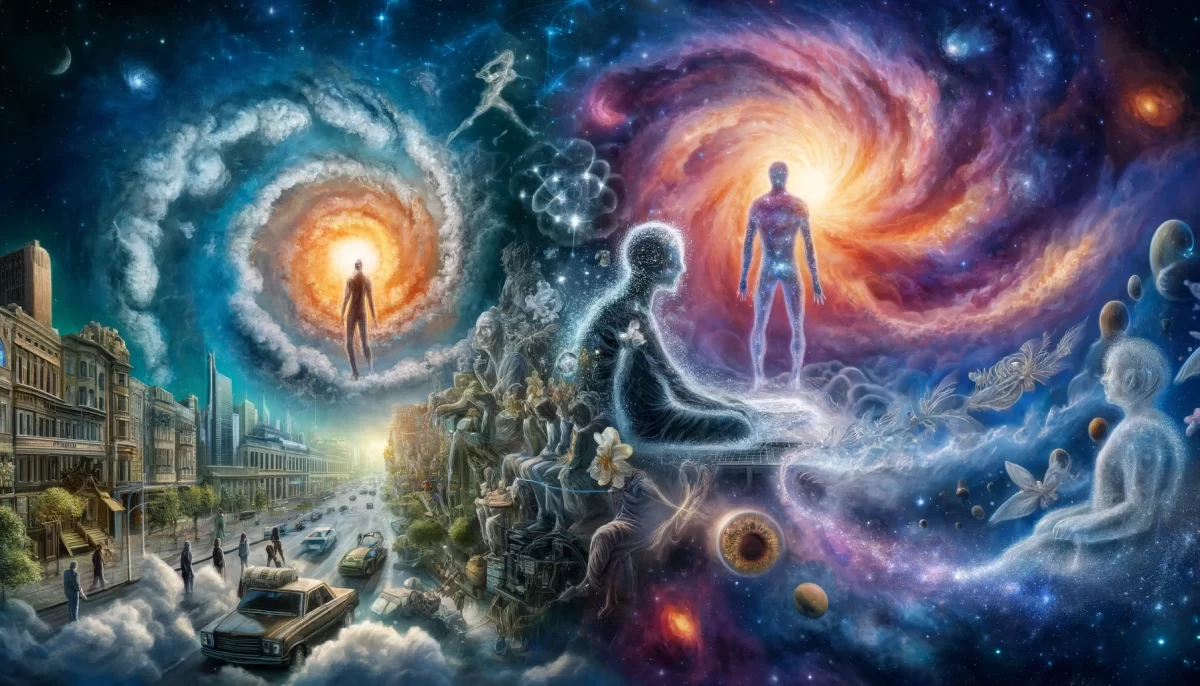

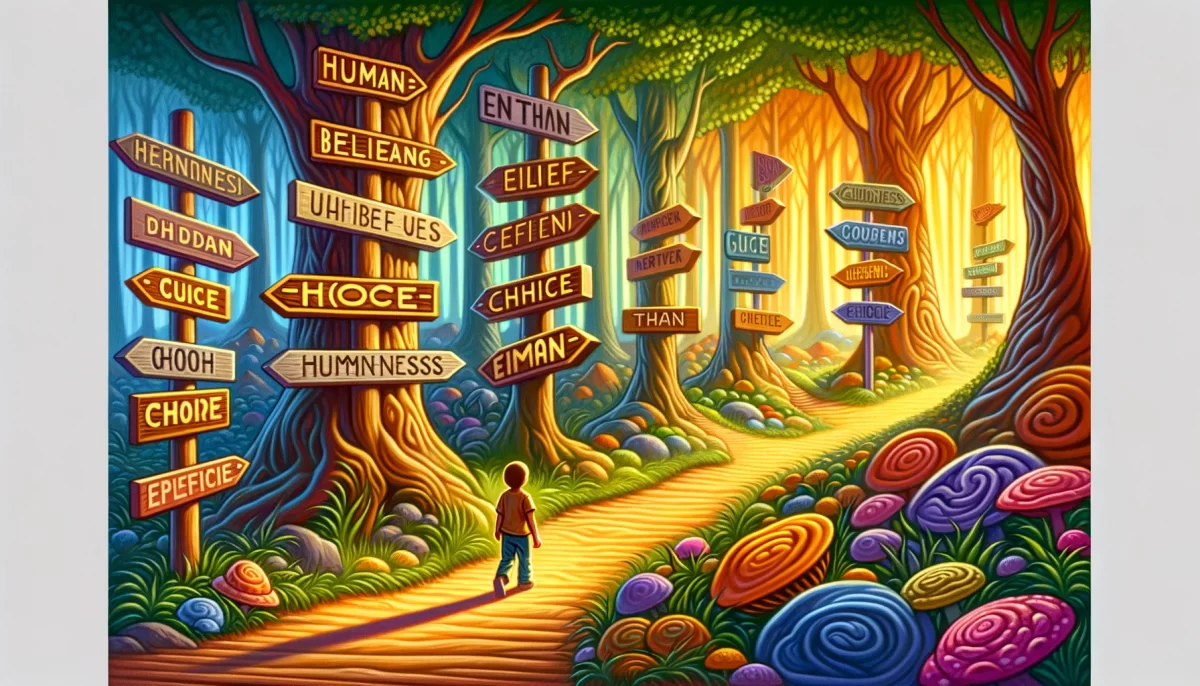
Leave a Reply